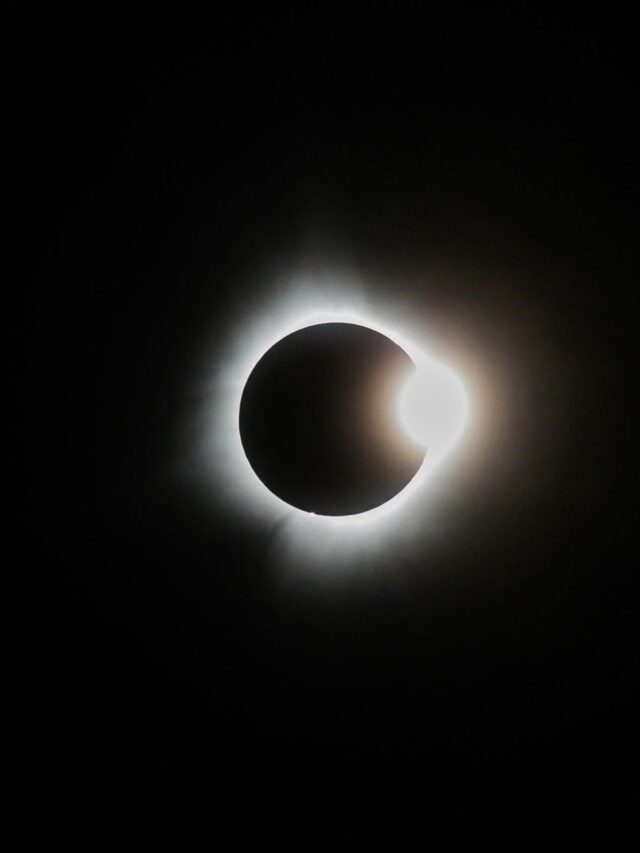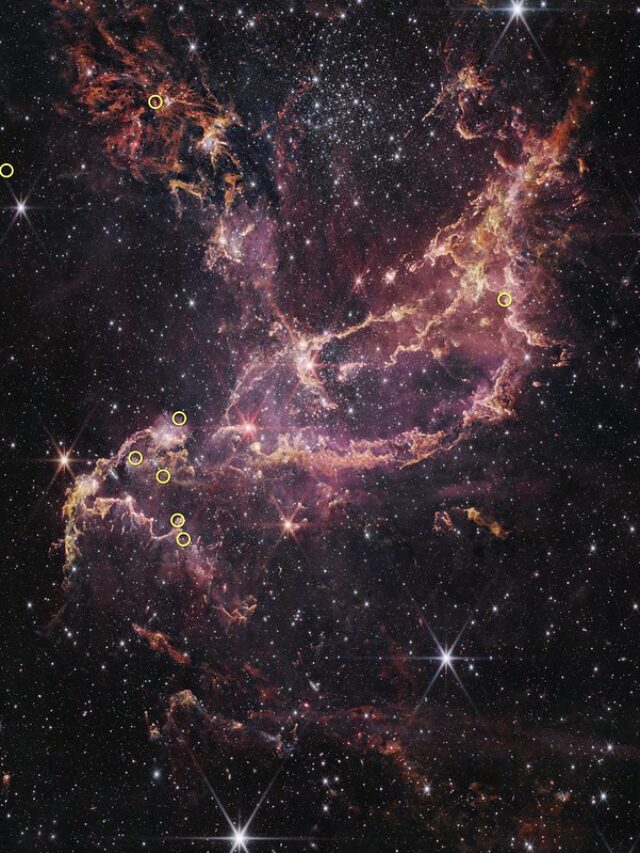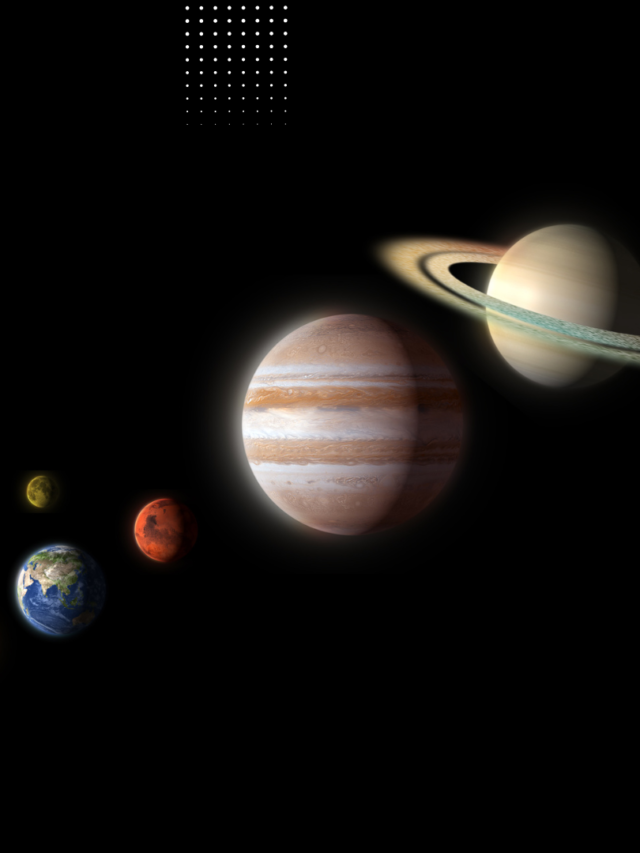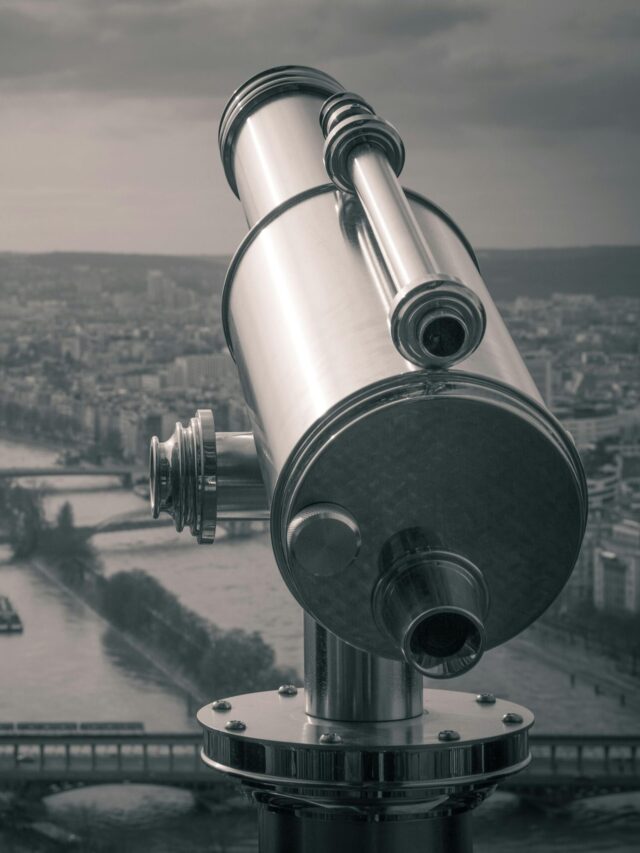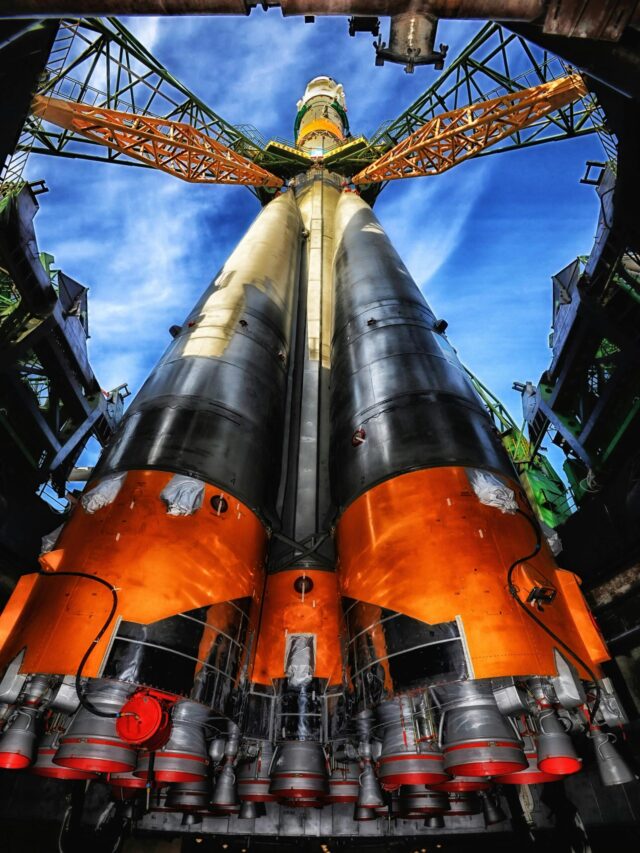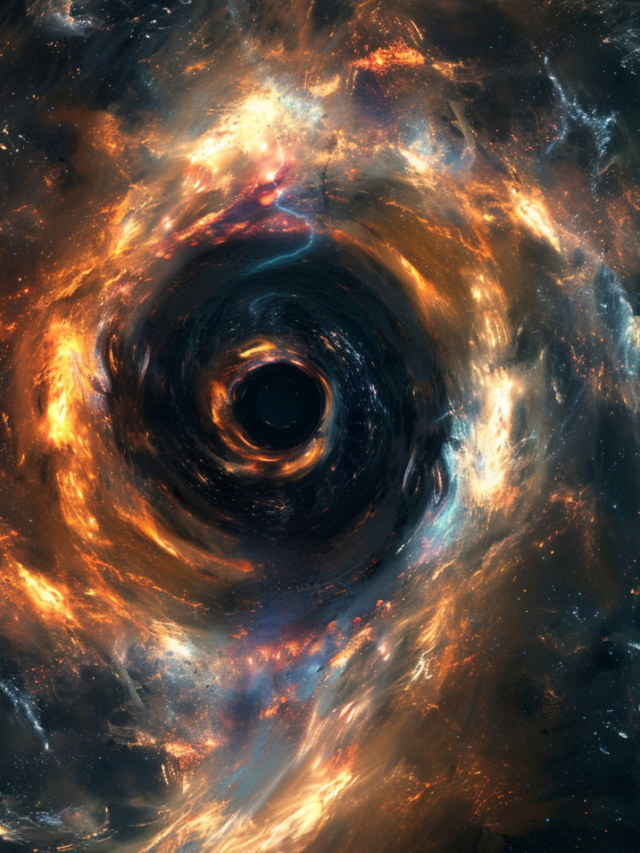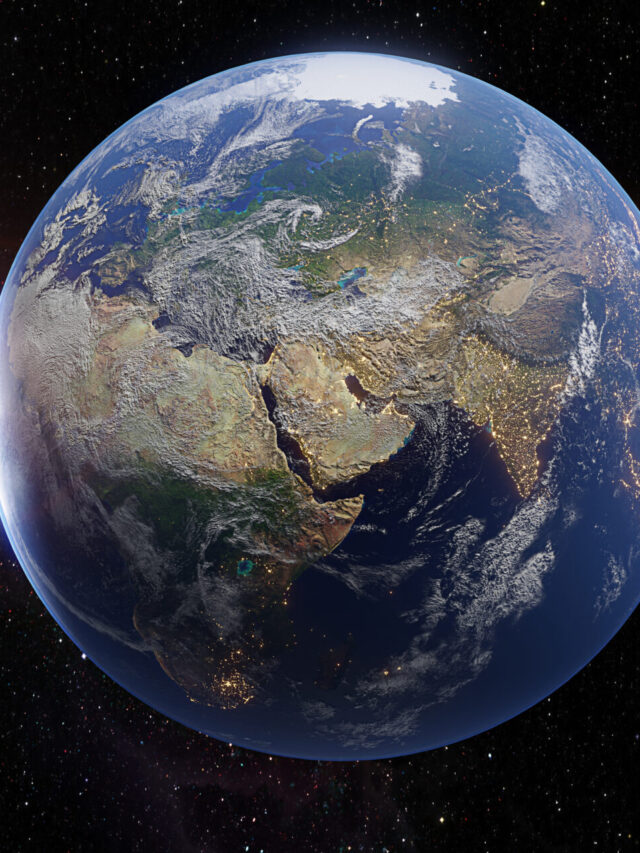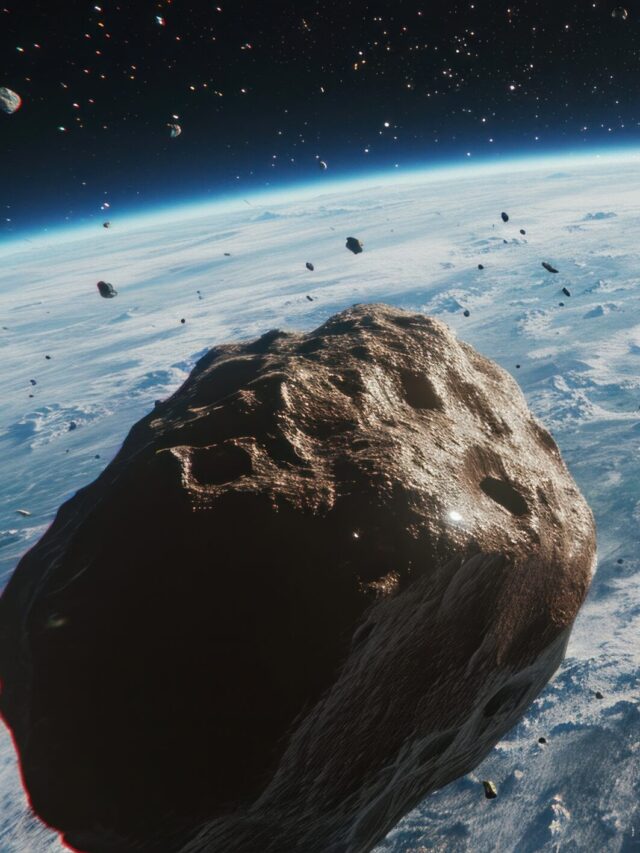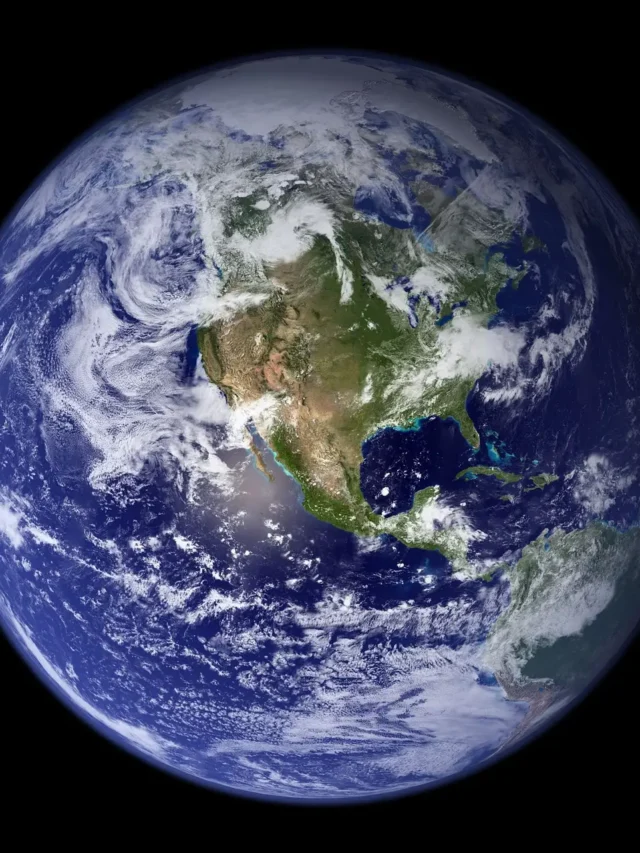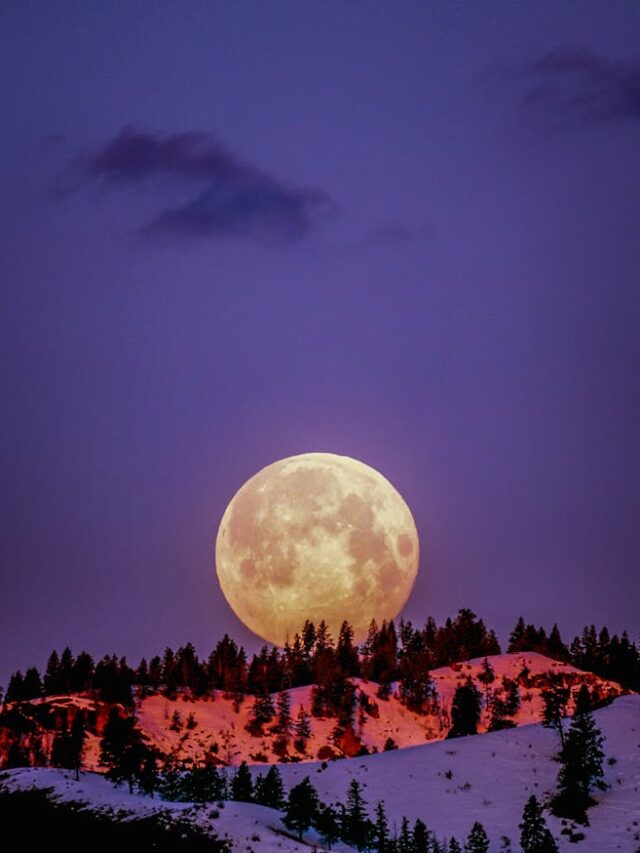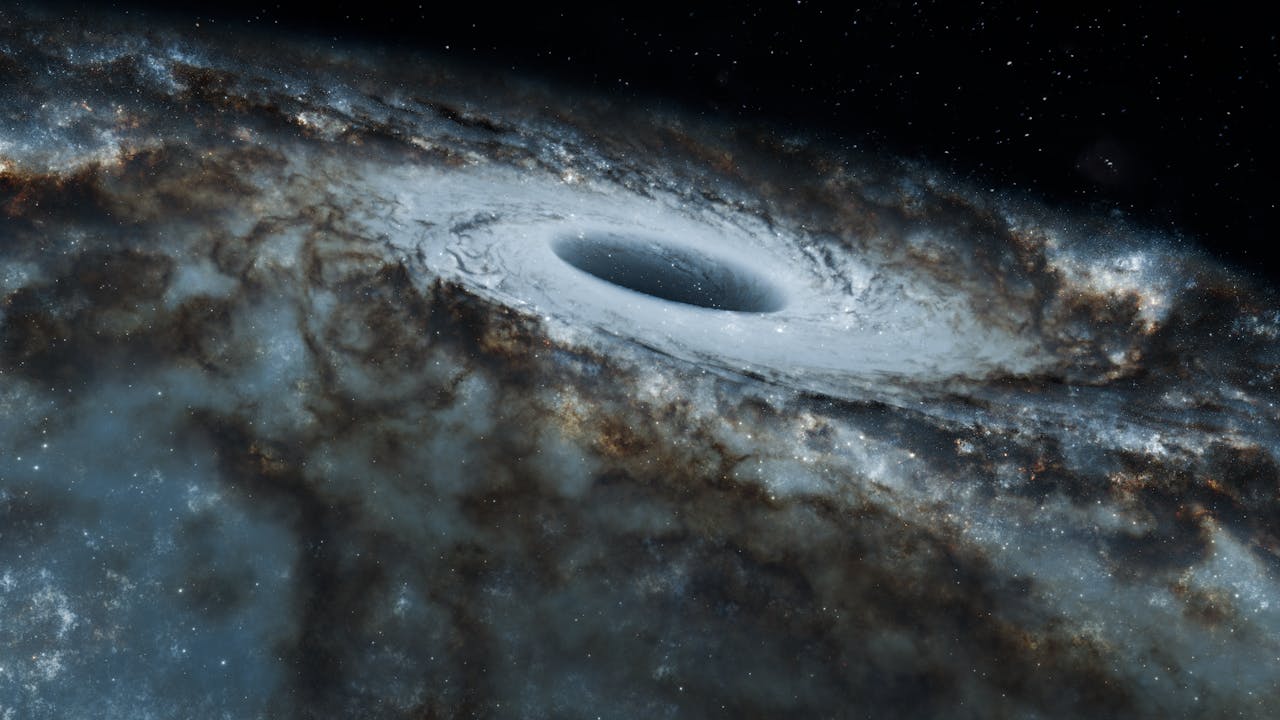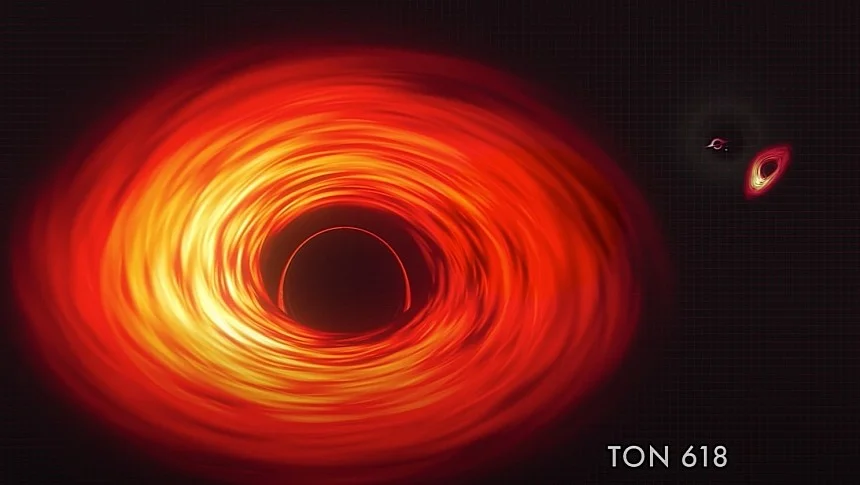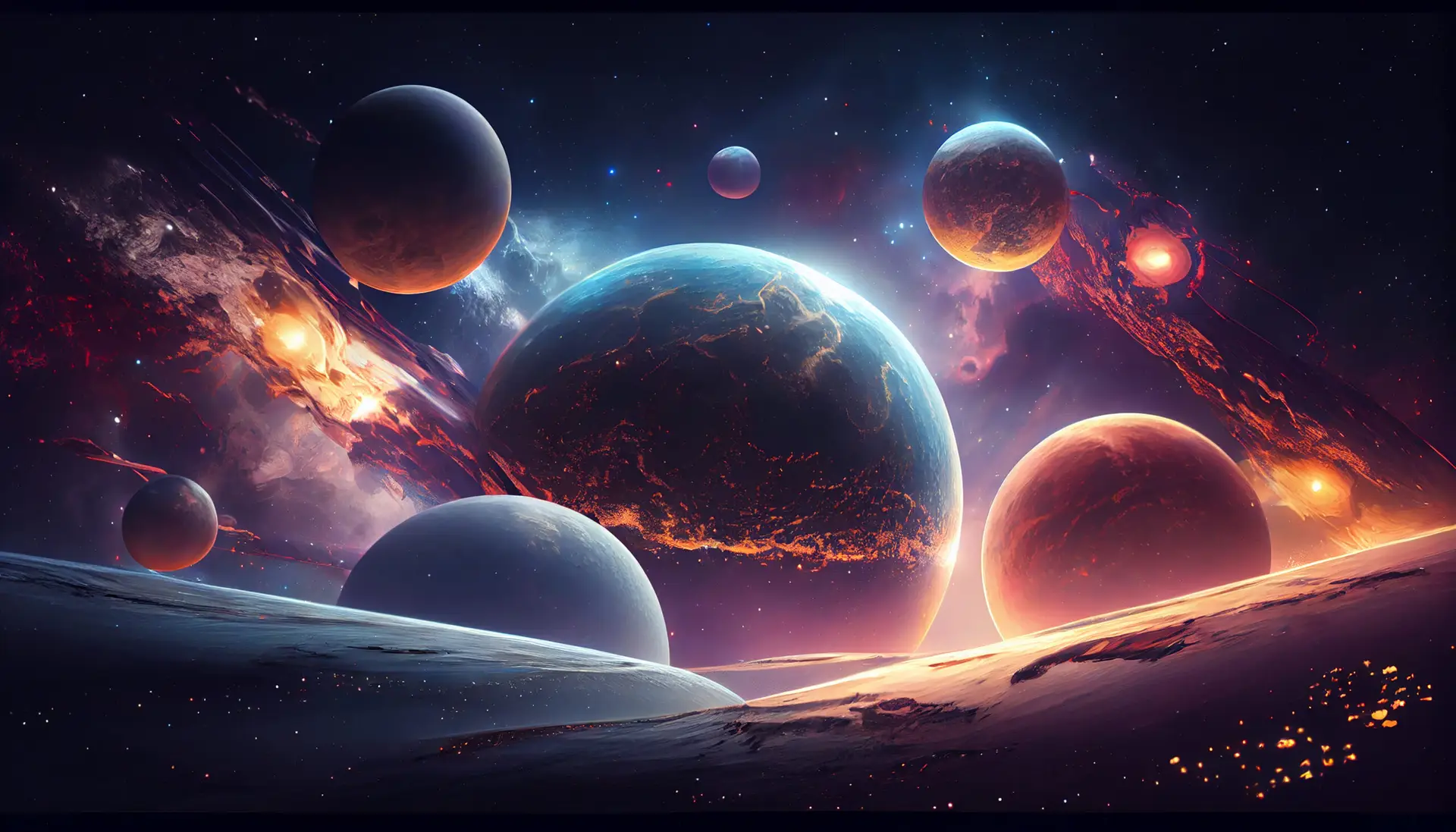https://youtube.com/shorts/nvT3AXR4lsk
Introduction:
What if blackhole enters our solar system? The havoc a black hole approaching our solar system would wreak wouldow. Its enormous gravitational force has the power to upend planetary orbits, rip apart celestial things, and maybe even devour the Sun. Earth may be split apart by tidal pressures, launch into space, or freeze in the absence of sunshine. There would be disastrous effects for the entire solar system if the delicate equilibrium necessary for life collapsed.
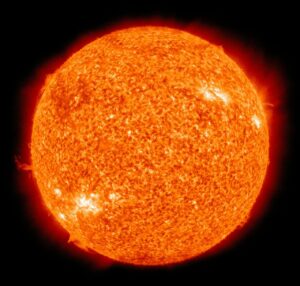
Gravitational Effects on Planets:
- Massive Gravitational Pull: Black holes have extremely strong gravitational fields due to their compact mass. If even a relatively small black hole, like a stellar-mass black hole (which could be 3-10 times the mass of the Sun), came near our solar system, it would disrupt the orbits of planets. Earth and other planets could either be flung out of the solar system or pulled toward the black hole, potentially causing them to spiral inward and be destroyed.
- Orbital Instability: The delicate balance of the solar system’s orbits would be severely disrupted by the black hole’s gravitational pull. Planetary orbits could be upset and sent on erratic paths by the black hole, even if it passed harmlessly by. Some planets may collide with the Sun, one another, or be hurled out into intergalactic space.What if blackhole enters our solar system?
Impacts on the Sun
- Disruption of the Sun’s Orbit: Should the black hole approach the Sun closely, it might move the Sun in space, perhaps even ejecting the Sun from the solar system or putting the two in a mutual orbit.
- Accretion of Solar Material: In the worst-case scenario, materials may be drawn into the black hole’s event horizon, where it would feed on the Sun’s mass and produce extreme radiation, such as bursts of gamma and X-rays.
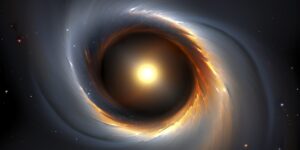
Radiation from Black Holes and Accretion Disk
- Accretion Disk Formation: An accretion disk would form around a black hole if it started to absorb gas, dust, or other solar system objects. If high-energy radiation from this disk reached Earth, it may be fatal to life as we know it. The radiation would include gamma and X-rays.
- Radiation Threat: The enormous energy from the black hole’s accretion disk has the potential to produce radiation strong enough to destroy atmospheres and sterilize worlds like Earth.What if blackhole enters our solar system?
Horizon of Events and Inescapability
- Beyond the Event Horizon: An object would be lost forever if it passed into the black hole’s event horizon. The event horizon of a black hole is the distance beyond which nothing can escape its gravitational attraction, not even light. Any object that crossed this barrier, such as the Earth, would be irreversibly drawn into the black hole and condensed into an endlessly small point known as a singularity.
Time Dilation in the Neighboring Black Hole
- Adaptive Time Dilation: A black hole’s tremendous gravitational pull causes time to considerably slow down in its vicinity, according to Einstein’s general theory of relativity. If the viewer is far enough away, objects appear to stop in time as they approach the black hole’s event horizon. Any spacecraft or object approaching the black hole would be subject to this powerful effect.
Conclusion for Earthly Life
- Environmental Collapse: Earth’s orbit could be upset by a black hole passing nearby, changing our planet’s distance from the Sun. We might endure extreme seasons, with some months being too hot for life and others being too cold, if Earth’s orbit were to become extremely elliptical. On the other hand, Earth would gradually freeze as it moved away from the Sun’s warmth if it were launched completely outside of the solar system.
- Mass Extinction: Long before the planet is consumed or destroyed, the gravitational and radiation impacts of a black hole entering the solar system might cause mass extinctions on Earth.
Black Hole Collision with the Sun
- Situation of a Black Hole Colliding with the Sun: The Sun would probably be completely consumed in a collision. The mass of the Sun would quickly descend into the black hole, possibly resulting in strong energy outbursts similar to a gamma-ray burst that would probably destroy neighboring planets.
- Resulting Void: The solar system would get cold and dark without the Sun. Without the heat and energy from the Sun, all planets, including Earth, would freeze and all residual life would disappear.What if blackhole enters our solar system?
Conclusion:
What if blackhole enters our solar system? The Sun and planets may perhaps be destroyed, planetary orbits would be upset, and there would be severe gravitational disruptions if a black hole were to reach the solar system. The black hole’s size, distance, and trajectory would all affect how much would be destroyed. Under either scenario, the solar system would probably be destroyed or irreversibly transformed, and life as we know it would cease to exist.
Would you be interested in writing more on this subject for a blog post or article?
ASTROBITES: Why Pluto is not a Planet?
